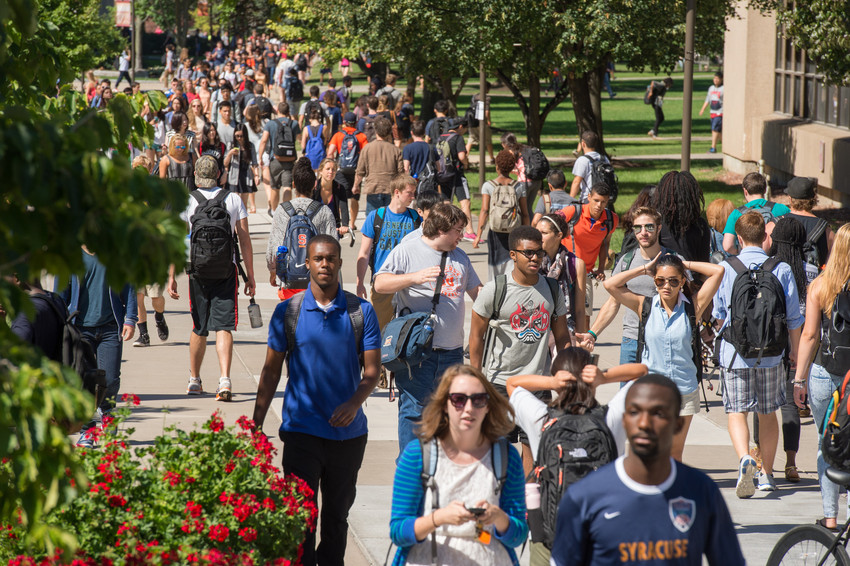In Memoriam: Life Trustee Michael Bill ’58
The student-athletes who pass through the entry of the football locker room in the John A. Lally Athletics Complex will be carrying on the legacy of one of Syracuse University’s most ardent supporters: Michael M. “Mike” Bill ’58. As they…


